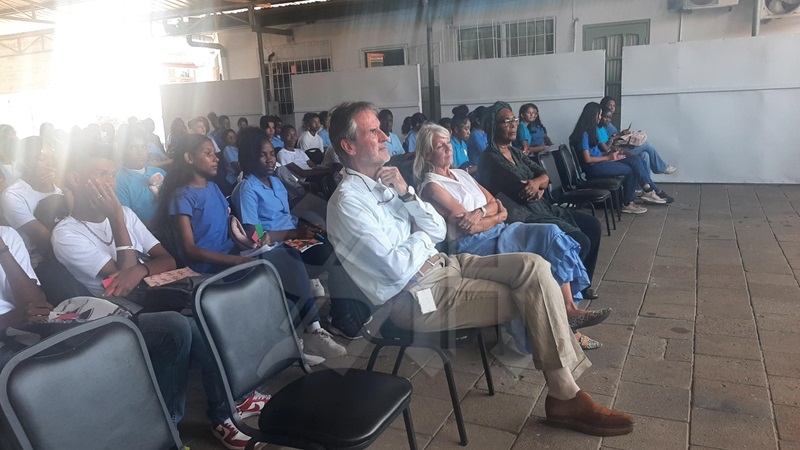The ongoing discussion about reparations and the acknowledgment of the legacy of slavery remains a complex and sensitive issue between the Netherlands and Suriname. Walter Oostelbos, the Dutch ambassador to Suriname, emphasized to Suriname Herald that the apologies from the previous Dutch government and the king remain fully in effect.
He made it clear that there has been no change in the Netherlands’ stance on recognizing historical responsibility. However, the practical implementation of reparations is considered a matter that requires careful handling, with a focus on sustainable projects.
The €66 million allocated is specifically intended for initiatives that directly benefit the descendants of enslaved people. These funds will primarily be managed through project proposals originating from Suriname and the region.
Siegmien Staphorst from Naks stressed that the funds must be effectively utilized for long-term development in areas such as education, healthcare, security, entrepreneurship, and further progress. These elements, she argued, are essential for social and economic advancement.
Staphorst also suggested the establishment of a specialized body or institution to coordinate the implementation of the projects and monitor fund allocation. This would ensure transparency and accountability while promoting broad collaboration among various organizations.
Ambassador Oostelbos pointed out that the funds come from Dutch taxpayers, which necessitates a careful and collaborative approach. Despite calls from some members of the Dutch Parliament to withhold reparations, the Netherlands remains committed to a joint and sustained effort to address the legacy of slavery and its consequences.
Observers closely following the process are eager to see how these discussions will evolve. Many are questioning how Suriname and other involved countries will concretely utilize these resources to not only support the descendants of enslaved individuals but also promote broader societal development in the region.
What remains clear is that this process requires dialogue, cooperation, and a delicate balance between acknowledgment, reparations, and progress.



